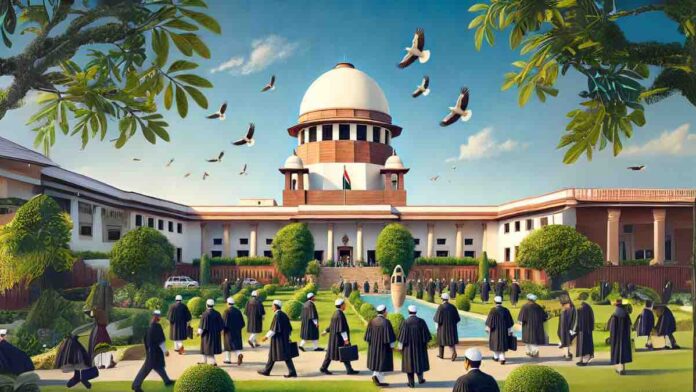In a significant ruling reaffirming the principles of personal liberty, the Supreme Court of India set aside the Himachal Pradesh High Court’s decision to cancel the bail granted to Kailash Kumar, an accused in an attempted murder case. The apex court emphasized that the liberty of an individual is a fundamental right under the Constitution
To Read More Please Subscribe to VIP Membership for Unlimited Access to All the Articles, Download Available Copies of Judgments/Order, Acess to Central/State Bare Acts, Advertisement Free Content, Access to More than 4000 Legal Drafts( Readymade Editable Formats of Suits, Petitions, Writs, Legal Notices, Divorce Petitions, 138 Notices, Bail Applications etc.) in Hindi and English.




